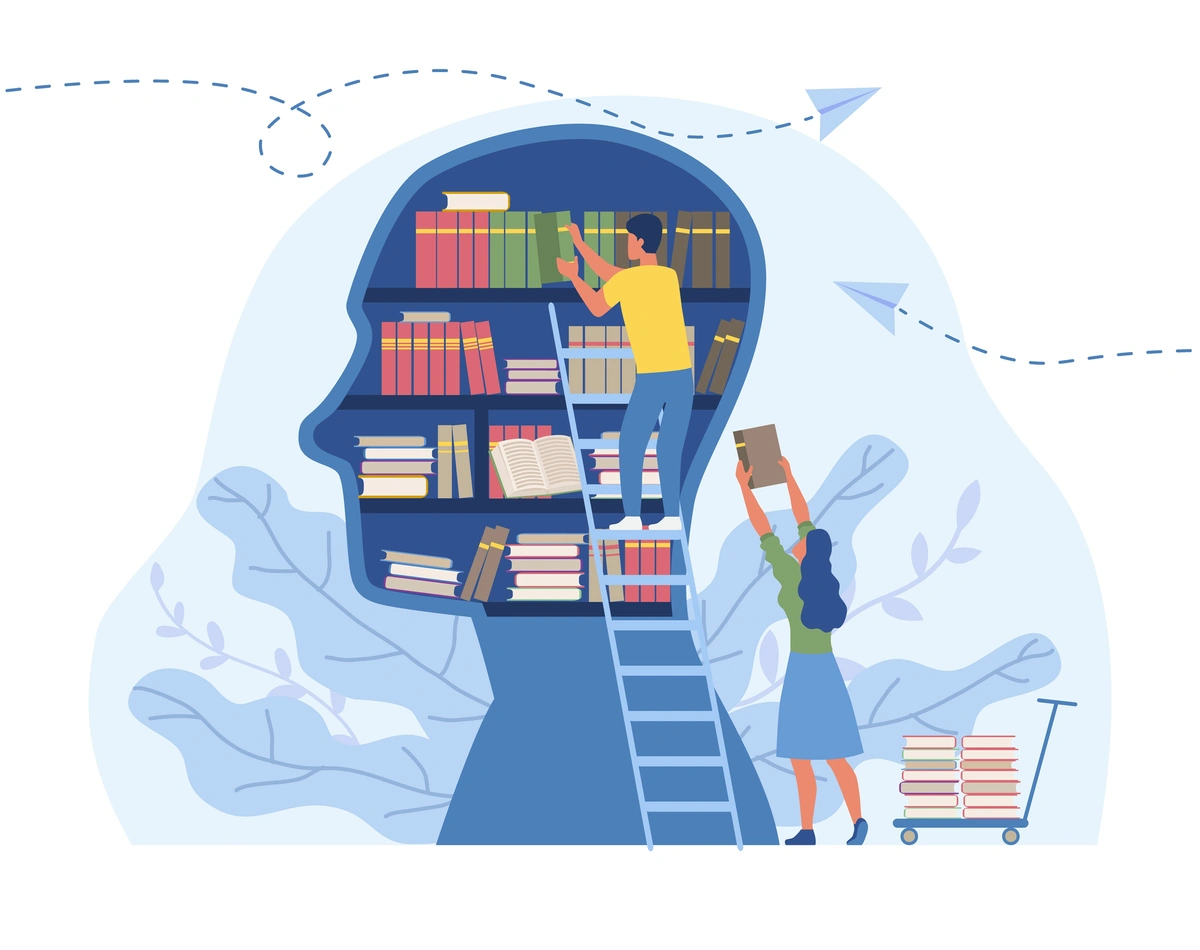Substance Use Disorder

Management and Resources
At Home
Family members may have a range of reactions to the decision to decrease or discontinue consumption of alcohol or other substances. Often, family members have engaged in enabling behaviors such as calling in sick for a person with an alcohol use disorder or another SUD, in a misguided attempt to help them. Close friends and family, who have suffered along with the alcoholic, may benefit from attending Alanon or Alateen for family members with AUD to learn what enabling is and how to resist the impulse to “help” in a way that impairs recovery efforts. Loved ones can offer support by keeping alcoholic beverages out of the home and allowing time in the weekly schedule for those in recovery to attend AA meetings and meetings with their treatment providers.
Family members can also support recovery by encouraging self care in such daily practices as getting exercise and catching up on yearly check-ups (routine dental and medical appointments may have been neglected), sleep and nutrition. Vitamin deficiency may sometimes result from chronic alcohol abuse. This happens when alcohol damages the lining of the gut, where vitamins are absorbed.
Attention to personal self care and stress management is important for family members, as well. As stated above, attending Alanon and Alateen or other 12 Step meetings for family members is also encouraged for those individuals who will benefit from it. In some cases, family members may wish to seek individual counseling for themselves for personal support.
At Work and School:
Recovery from an SUD may bring changes to the relationship dynamic at home, work, and at school. Obvious improvements in daily functioning, such as attention to time management and punctuality may signal to others that the recovery process has begun.
Sometimes painful changes need to be made. For example, if a friend or relative also has an SUD and/or encourages a person to continue abusing substances, this person is not a positive influence and the relationship may need to be curtailed or suspended.
Organizations and Resources
Mutual Support Groups
Alcoholics Anonymous (AA) 212-870-3400
Groups for family and friends
Al-Anon Family groups 1-888-425-2666 for meetings
Adult Children of Alcoholics 310-534-1815
SMARTRecovery for Families 866-951-5357
Informational resources
National Institute on Alcohol Abuse and Alcoholism 301-443-3860
National Institute on Drug Abuse 301-443-1124
Substance Abuse and Mental Health Services Administration’s National Helpline 1-800-662-HELP (1-800-662-4357)
Treatment for Alcohol Problems: Finding and Getting Help A free booklet.
Recommended Reading
This Naked Mind: Control Alcohol, Find Freedom, Discover Happiness, & Change Your Life, Grace, Annie
Understanding Alcohol Use Disorder
Drugs, Brains, and Behavior: The Science of Addiction by the National Institute on Drug Abuse A Free Booklet